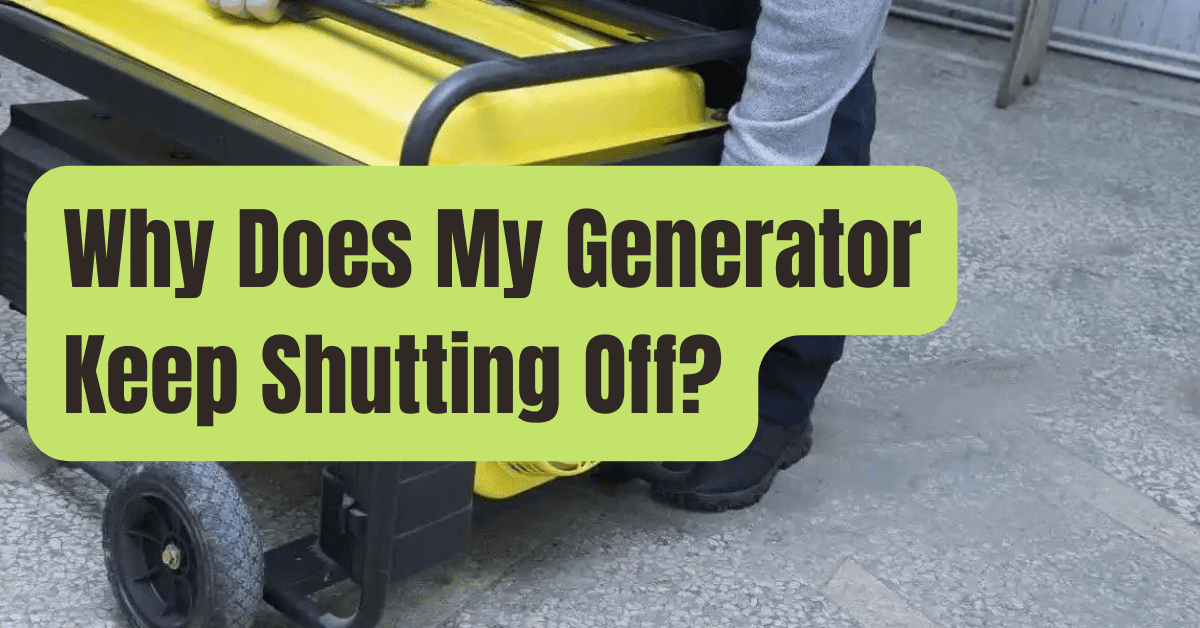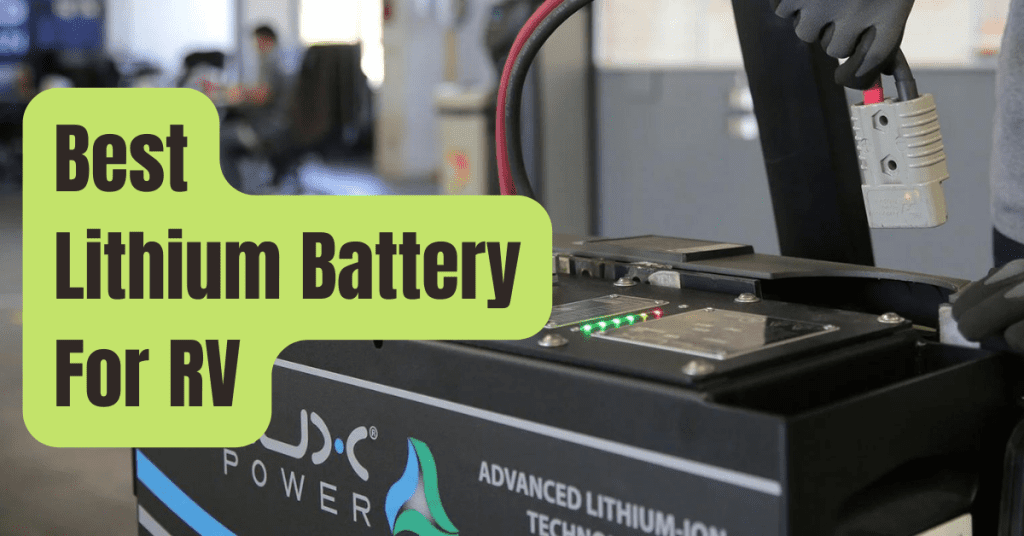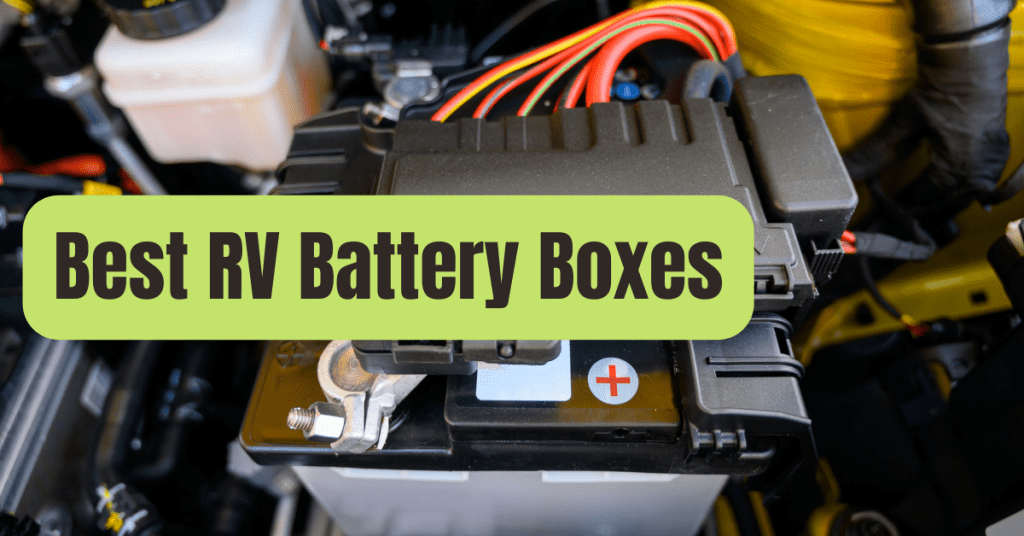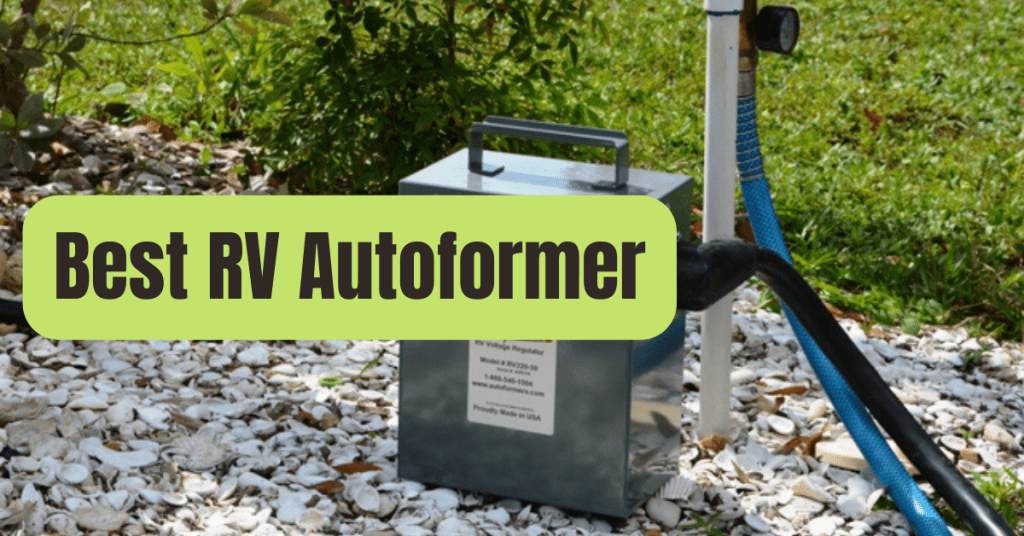A generator is a valuable piece of equipment that may be used in the event of a power outage.
There’s no disputing how handy your generator can be, whether it’s for powering your house or operating your RV in a distant place.
However, just like any other piece of equipment, your generator might develop issues.
It may be aggravating when your generator starts and then shuts off for no obvious reason, particularly if you need to use it in an emergency.
One of the most typical problems is that the generator starts up properly but then shuts off.
It goes off after a few seconds or minutes of operation, no matter how hard you attempt to keep it turned on.
When your generator fails during an emergency, it may shut down your home appliances, leave you exposed by shutting down your security systems, or cause company losses.
The good news is that it is one of the most frequent generator issues, and it can usually be resolved without expert assistance.
The first step in resolving a problem is to figure out what’s causing it.
While some reasons are simple to discover, others need the use of specific equipment and setup.
Here’s a list of some of the most prevalent reasons and how to cure them yourself, in case you need it right now.
What Can You Do If My Generator Runs for a Few Seconds and Then Stops?

There might be a number of reasons why your generator begins for a few seconds or minutes before stopping.
You must first determine how long your generator can operate continuously before moving on to the reasons.
Most generators are only intended to operate for a few hours at a time, but if they are pushed to work longer than that, they will shut down.
Any sort of generator will need cooling time between runs to guarantee appropriate operation when it is switched back on.
There are various elements within a generator, which means there are several causes for the generator to shut down.
To figure out why the generator shuts down, you’ll need to look at some of the generator’s main components one by one and figure out what’s wrong.
Here are some of the most frequent faults that cause problems, as well as the best remedies for each of them:
#1. Overloading
Overloading your generator is one of the most common causes for it to shut down after a few seconds of operation.
If your generator is overloaded, it will shut down since most current generators have auto switch-off characteristics.
The earlier generator types will not have this problem since they lack this safety function and will continue to operate while underpowering the appliances connected to it.
This safety feature in newer models saves your appliances from being stressed and maintains them in excellent working order for a long time.
What Is the Answer? – Reduce the load on your generator to prevent it from shutting down.
After that, your generator will start functioning on its own.
Always make sure you’re increasing load in proportion to your generator’s size and capability.
Listening to the sound of your generator is another approach to ensure it does not shut down due to overloading.
Reduce some load to prevent your generator from overworking if the sound is a bit heavier than normal.
#2. Levels of Oil
If there is a problem with the oil level in your generator, it will shut down.
Either the generator’s oil supply is inadequate, or the generator’s oil supply is excessive.
When the generator’s oil level is low and it is turned on, the temperature of the oil rapidly rises, leading the generator to shut down.
The generator’s sensor will shut down the system if the oil level is too high.
So, what’s the plan? – Before starting the generator, check that the oil level is at the proper level.
A sufficient amount of oil in the generator will help guarantee that it functions smoothly and without problems.
#3. The Radiator’s Water Levels
Your generator will also cease running a few seconds after you switch it on if there isn’t enough water in the radiator.
For the generator to perform effectively, there should be adequate water in the radiator.
The engine, voltage meters, and control panel will all fail if there isn’t enough water in the radiator.
So, what’s the plan? – Make sure the water in the radiant doesn’t dry out.
Before starting the generator, check the water level in the radiator on a regular basis.
#4. A Fuel Tank Or A Set Of Fuel Pipes
A malfunctioning fuel tank or fuel line is one of the most common causes for your generator to cease working after just a few seconds.
Fuel is transported from the fuel tank to the engine and carburetor through fuel pipes.
When gasoline does not flow smoothly through the pipes, it might build up pressure within the fuel tank, causing supply problems.
Furthermore, excessive dust collection, leaks, fractures, and bending of fuel lines may all cause the generator to shut down.
So, what’s the plan? – Look for gasoline leaks in the generator’s pipes or under the surface.
If you find any spots, clean your gasoline tank to relieve the strain.
Also, inspect the gasoline lines for any leaks and get them fixed as soon as possible to resolve the problem.
#5. Carburetor
If your carburetor is defective, it will shut off the generator after a few seconds of operation.
Carburetor difficulties may be caused by bad gasoline remaining in the carburetor.
Ingredients from stored gasoline may enter the carburetor and obstruct optimum fuel flow.
So, what’s the plan? – Cleaning the carburetor completely is one solution to this problem.
If the issue persists after that, seek expert assistance or replace the problematic carburetor entirely.
#6. Faulty Engine
When you switch on your generator, any internal engine defect might cause it to shut down.
Engine faults are often difficult to notice.
Solution – Any engine defects should be diagnosed by a specialist to determine the specific source of the issue.
#7. A Problem With Electricity
Problems with the generator’s circuits or wiring may often cause the generator to shut down.
So, what’s the plan? – If you know how to inspect the wiring on the generator, search for any loose connections.
Otherwise, get it checked out by a specialist.
#8. Battery Issues
If your generator is fueled by a battery that is not completely charged, it will turn off after a few minutes of operation.
Solutions – Make sure the battery is completely charged before starting the generator.
If it’s charged, double-check the charger’s mechanism to ensure it’s in good operating order.
#9. Choke
The quantity of oxygen that enters through the carburetor is limited by a choke in the generator, which increases the fuel flow.
When you switch on the generator, this step is required since the gasoline level in the carburetor is normally low.
There will be an imbalance between air and fuel if the choke is not at the maximum choke position, causing the generator to shut down.
So, what’s the plan? – Restart your generator after turning off the choke.
#10. Spark Plugs Are Used To Light A Fire.
A spark plug is an essential component of your generator and is responsible for igniting it.
When you start your generator, it will produce a cracking sound and shut off automatically after a few seconds if the spark plug is defective.
What is the solution? – Remove the spark plug and inspect it.
If it’s just filthy, clean it and re-insert it.
Purchase new spark plugs for your generator if it does not seem correct.
#11. Sensor Error
Several distinct generators are included in modern generators.
If any one of these fails, the generator will be turned off.
So, what’s the plan? – Examine the notifications for the various sensor control panels to check that all of the sensors are operational.
To get the new sensor to operate correctly, remember to reprogram your generator after replacing any sensor.
#12. Dirty Air Filter
Dirt and dirt in your generator’s air filter might also create issues.
The engine will shut off after a few seconds if it does not acquire enough air from the surroundings.
The air filter’s job is to ensure that the engine gets clean air.
When the air filter is clogged, it prevents pure water from passing through.
What’s the Fix? – Clean the air filter on a regular basis and replace it as required.
The easiest approach to prevent this issue is to change the air filters on a regular basis so that clean air can flow again.
#13. System of Exhaust
The generator will not be able to operate for more than a handful of seconds if there is an issue with the exhaust system.
The generator will shut down if it is unable to expel the exhaust.
So, what’s the plan? – Make sure your exhaust system is in good working order.
It should be cleaned on a regular basis to avoid dust accumulation.

#14. Switch for Oil Pressure
The oil pressure switch on the generator might fail at any moment.
When this occurs, the generator’s control panel will display a ‘low oil pressure alert’ message.
So, what’s the plan? – Verify that the oil pressure switch connections on the terminal are secure, and that the thin cable connecting the generator to the generator is not damaged and is properly placed.
#15. Reprogramming Of The Control Panel
If you have recently changed any portion of the generator, the control panel may be malfunctioning and need reprogramming.
If this occurs, your generator will start but quickly shut down.
So, what’s the plan? – Resetting the settings associated with the replaced components is one technique to integrate the control panel.
Final Thoughts
It’s much easier said than done to figure out what’s causing the issue and how to remedy it.
It might be tough to spot the core issue since there are so many distinct aspects.
However, the aforementioned suggestions will make it much easier to cope with the issue.
If you’re not sure what’s causing the problem and it’s not getting better, get an expert to come out and aid you.
When it comes to generator difficulties, preventative maintenance, like other things, is the best remedy.
To prevent these frequent issues, get your generator serviced every few months.
Even if you aren’t going to use the generator right away, keep a check on the water and oil levels every month.
Maintaining it correctly and having it ready to use will guarantee that you have a constant source of power when you need it.










